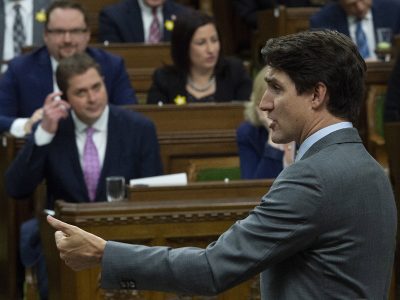By Dan Rubinstein
Photos by Chris Roussakis
When Michael Wernick retired as Clerk of the Privy Council in spring 2019 after nearly 40 years in the federal bureaucracy, including three as Canada’s top public servant, he could have written a memoir about his experiences with four prime ministers and dozens of senior politicians.
His intimate access to power and the country’s decision-making apparatus, often from a desk in the corner the Cabinet meeting room, would have provided countless pages of material.
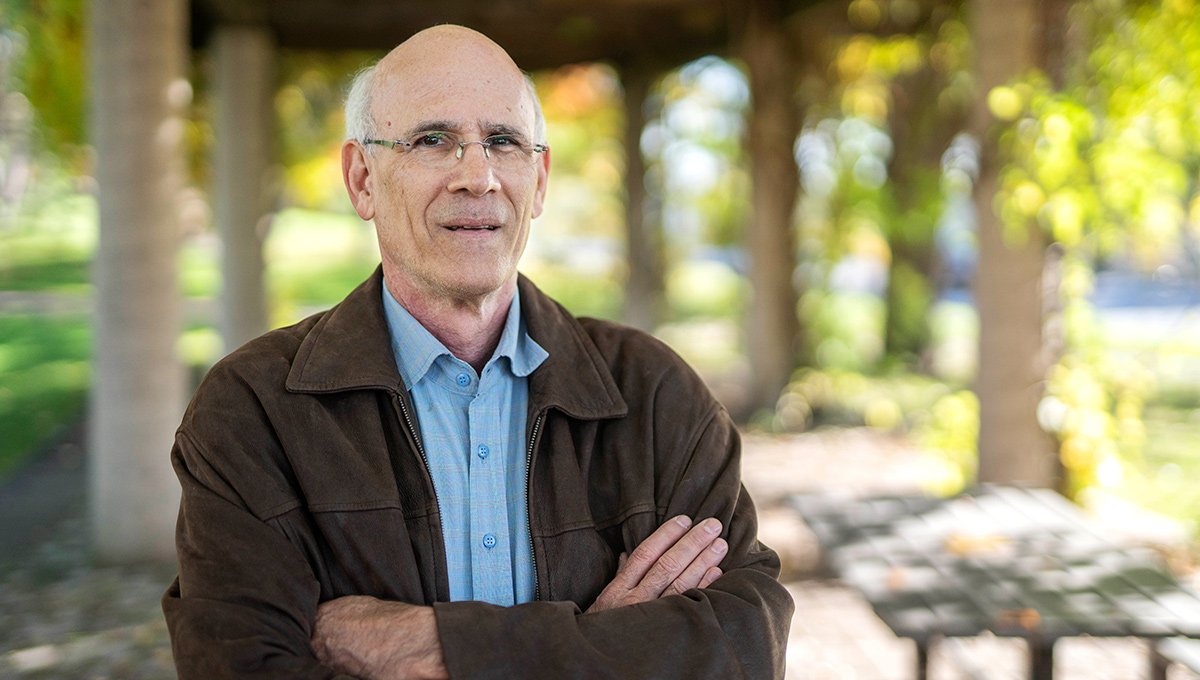
Michael Wernick
Instead, the adjunct professor and fellow at Carleton’s School of Public Policy and Administration, and a former member of the university’s Board of Governors, decided to write a very different book.
Governing Canada: A Guide to the Tradecraft of Politics, released by UBC Press on October 25, is essentially a guide on how to govern effectively.
“It’s not a tell-all,” says Wernick, paraphrasing one reviewer’s response. “It’s a how to.
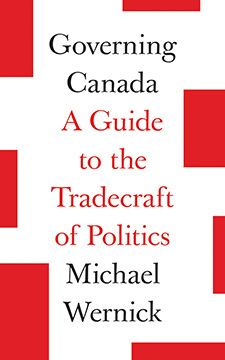 “Memoirs can have a very short shelf life,” he continues. “Lots of politicians and other people write them, and they can give you a glimpse of a particular time or set of experiences. But I didn’t want to write a memoir because it would have violated my sense of the roles I was in, which were roles of trust.”
“Memoirs can have a very short shelf life,” he continues. “Lots of politicians and other people write them, and they can give you a glimpse of a particular time or set of experiences. But I didn’t want to write a memoir because it would have violated my sense of the roles I was in, which were roles of trust.”
In Washington, D.C., and other capital cities, former staffers race to publish books after their administrations leave office, frequently to settle scores or enhance their own reputations.
But Wernick’s juiciest stories involve Cabinet confidences and private conversations with the ministers he served under, and one of the keys to doing his job well was establishing and maintaining trust.
With an introductory chapter entitled “Power in the Capital” followed by three successive chapters offering advice to would-be PMs, ministers and deputy ministers, Governing Canada takes the high road. It unlocks Wernick’s expertise and serves as a resource for an intended audience of aspiring politicians, policy and decision makers, business and non-profit leaders, diplomats, academics, students and the media, providing a detailed picture of how government works and the secrets to being successful.
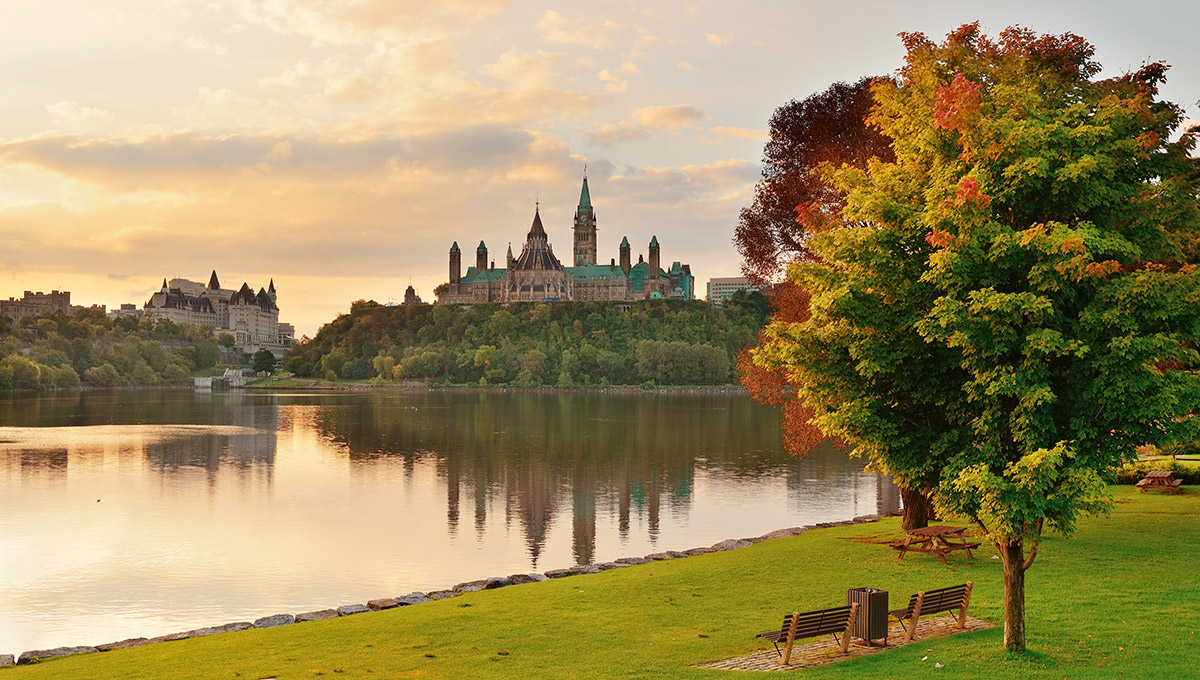
Behind the Scenes Insight
As Clerk of the Privy Council and as a deputy minister in the Department of Aboriginal Affairs and Northern Development from 2006 until 2014, Wernick worked closely with three prime ministers and seven ministers, attending around 250 meetings of Cabinet and its committees throughout his career.
These roles, and the other positions he held over the years, not only provided insight into everything that happens behind the scenes in government, they also showed Wernick the importance of interpersonal dynamics among women and men who run the country.
“I came to an even deeper appreciation that it’s about people and the human dimension behind how government works,” he says, reflecting on one of the themes that runs throughout the book. “People have go-to behaviours, character traits and cognitive biases. Some people with great resumes make good politicians; others do not. It’s hard to predict.”
The best training for a career in politics is not necessarily the common routes of law and business but psychology, says Wernick, who came to appreciate the contributions of non-partisan bureaucrats to Canada’s democracy while in the public service.
“How these strands interact is crucial to being effective,” he says about the chemistry between civil servants and politicians. “It’s a complicated and dynamic relationship.”
One of the biggest changes Wernick observed over the decades is how the pace of government has increased, and response time decreased, in a world of social media and short news cycles. This means that both public servants and politicians must react quickly and often recalibrate amid emerging issues.
“Each era,” says Wernick, “brings new challenges.”
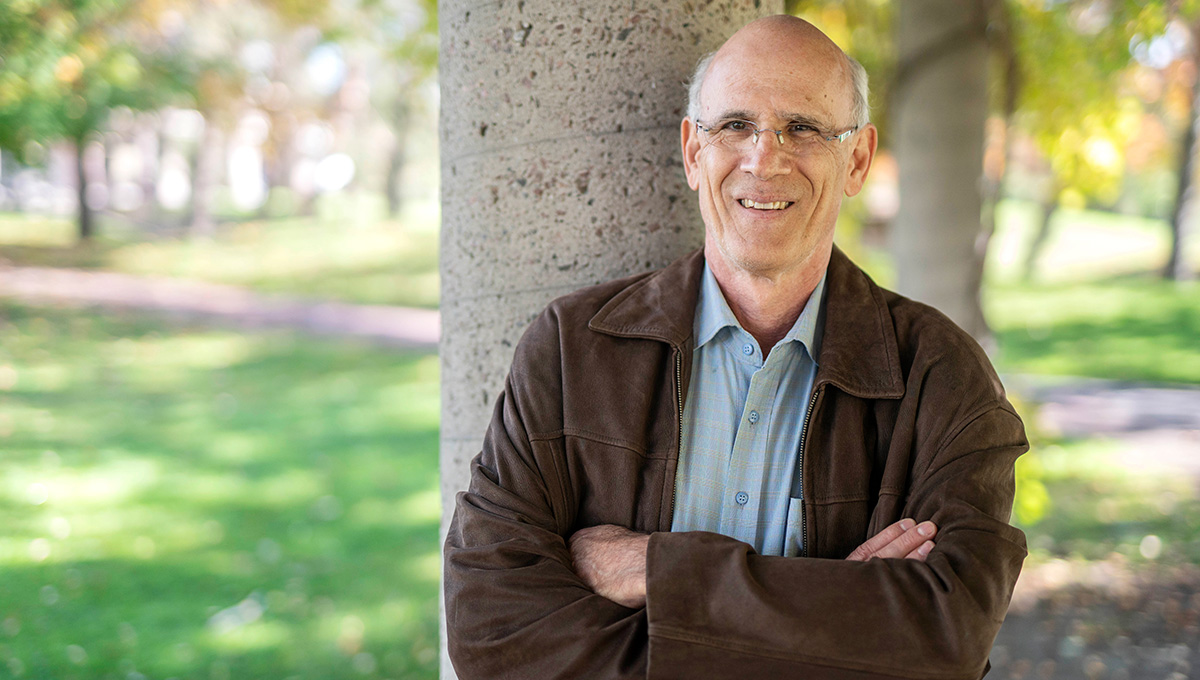
Collaboration and the Art of Governing
The COVID-19 pandemic has certainly been a challenge for Canada’s government, but it’s not the only crisis faced by Ottawa during Wernick’s career.
The terrorist attacks of September 11, 2001. The global financial meltdown in 2008. The election of Donald Trump. None were expected and all required a significant yet thoughtful response from the country’s highest leaders.
“Part of the art of governing,” says Wernick, “is how you respond to shocks. And the pandemic has shown how much collaboration is possible.”
While dealing with unexpected challenges, governments also need to get traction on other important parts of their agendas, which in Canada today includes climate change, reconciliation and the country’s relationship with China.
“Part of the tradecraft of government is marshalling the integrations of various ministers and ministries on complicated issues,” says Wernick.
“You have to pull together and work across various boundaries, both within government and between parties.”
Which is perhaps the best advice anybody or any book can offer.
Monday, October 25, 2021 in Books, Government, Public Policy
Share: Twitter, Facebook

